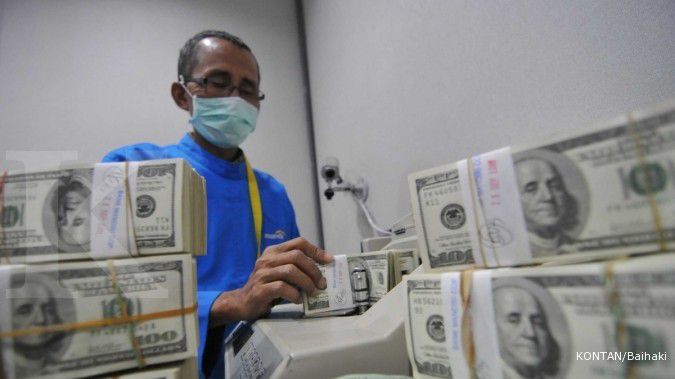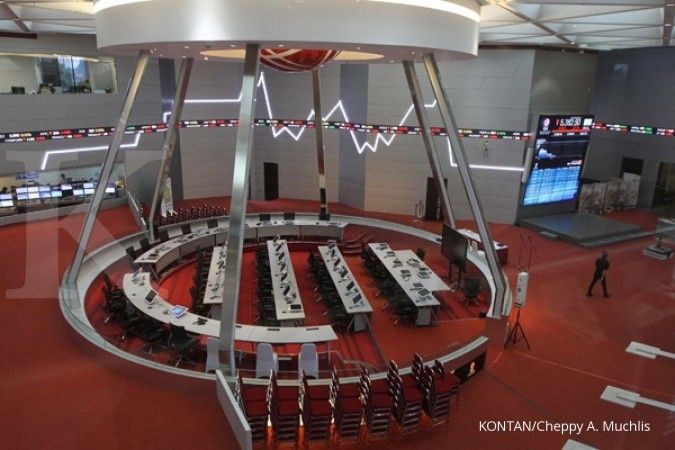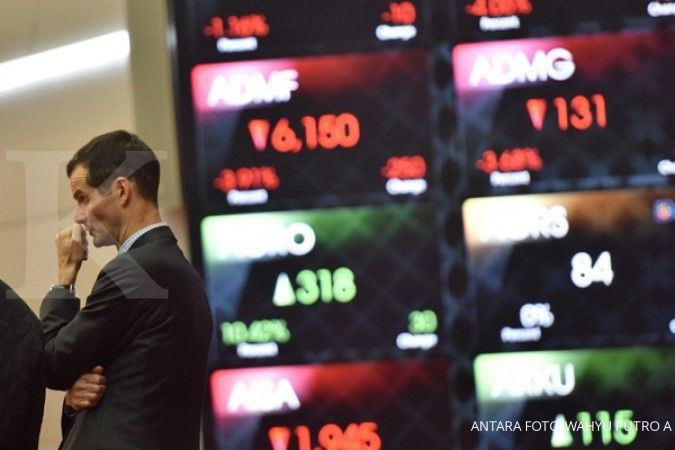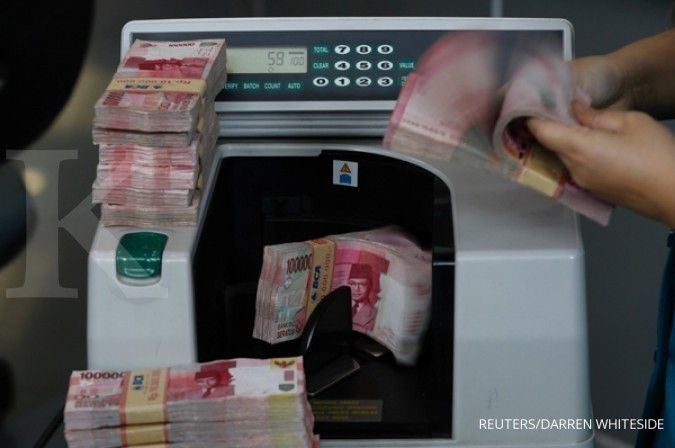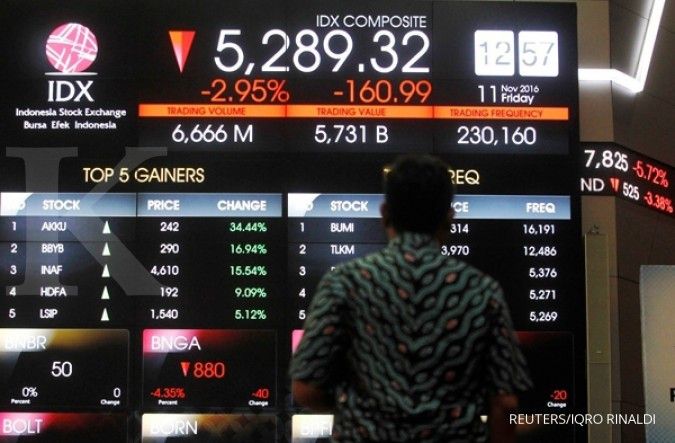JAKARTA. The world are now waiting for the direction of the economic policies of the newly elected the United States of America od the US’ President Donald Trump.
During the campaign period, Trump had mentioned controversial economic programs. In terms of international trade, for an example, Trump rejected all forms of free and international trades, which may deteriorate the US economy.
The Trump’s aggressive plans toward some countries, which are overshadowing the US in international trade, such as China, Japan, Mexico, and South Korea may also bring negative impacts to the economy of those countries.
However, on the other hand, Trump’s plan to simplify the income tax, as well as to cut corporate and small enterprises taxes is expected to bring positive sentiment to the US economy. So as with the Trump’s plan to allocate US$1 trillion funds that is expected to recover the US economy. In this case, the US economic recovery may also improve the world’s economy.
Under such assumptions, Moody’s Investors Service expects that the US under Trump will lead the global economy in the next two years.
The international ranking institute also predicts that the US will become a country with the highest economic growth among G7 countries in 2017 and 2018. Moody’s predicted that the US economy will grow by 2.2% in 2017 and 2.1% in 2018. This year, the US economy is predicted to grow by 1.6%.
Associate Managing Director at Moody's Elena Duggar said that cutting taxes and increasing fiscal expenditures, mainly in infrastructure are the right strategies for the US. However, the protectionist policies of Trump may bring negative effects in a short time period.
Meanwhile, Goldman Sach said that the combination of Trump’s policies, such as trade protection, fiscal stimulus, immigration tightening, and increasing interest rate will be a burdensome for the global economic growth.
Head of China’s Economic Research at Standard Chartered Hong Kong said that the US trade protection will be a burdensome, not only for China, but also other developing countries.
(MUHAMMAD FARID/Translator)
/2016/11/10/326145736p.jpg)
